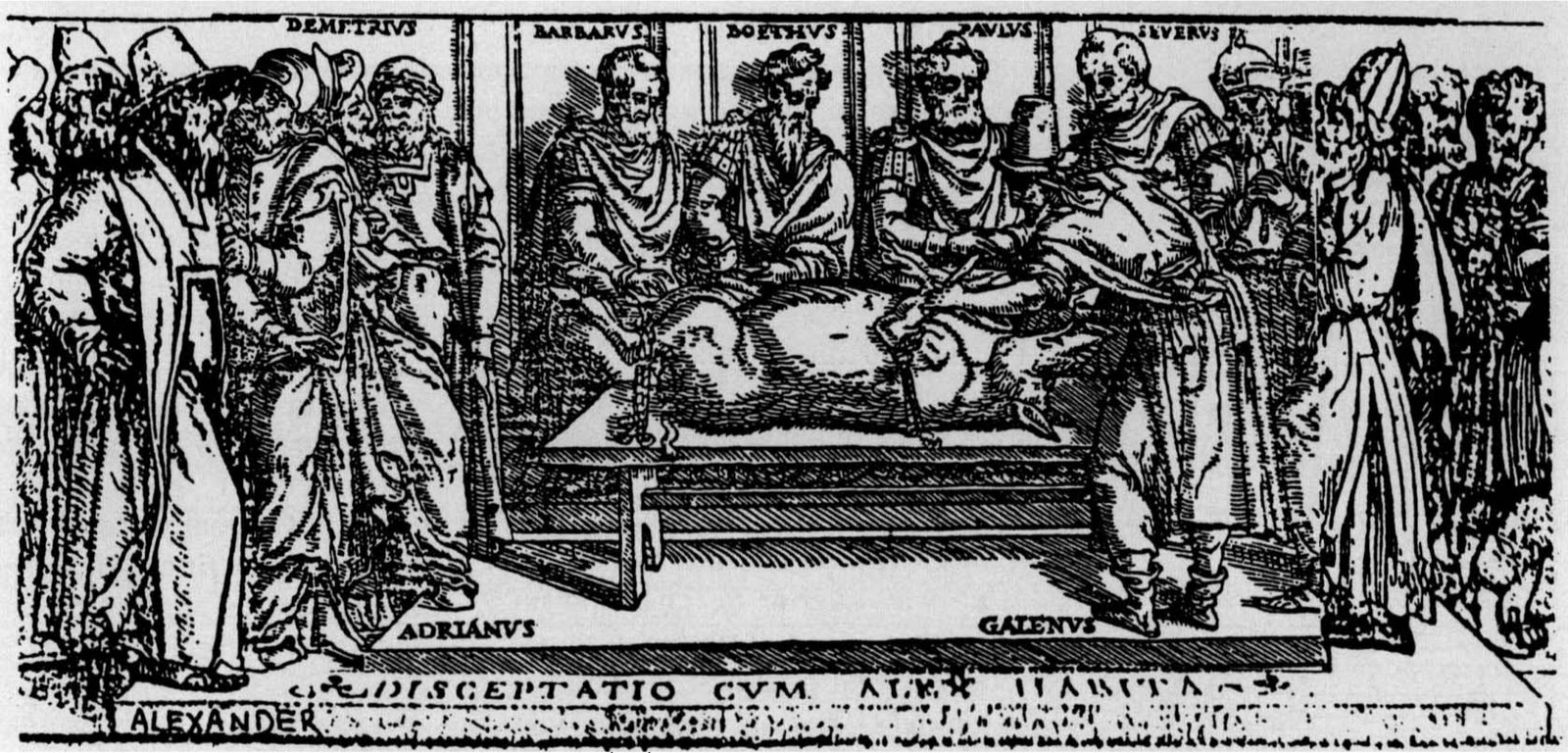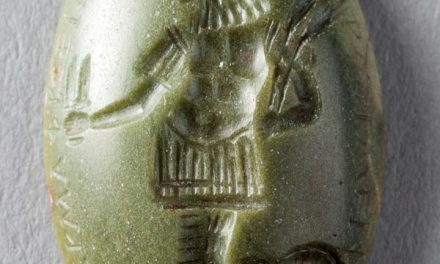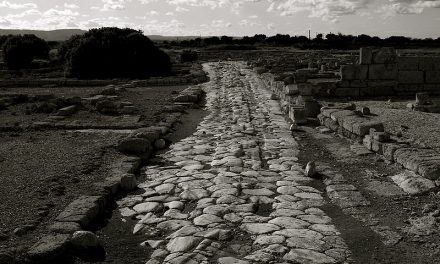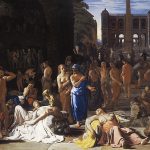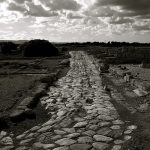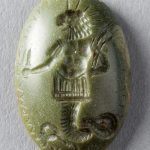Last Tuesday at the University of Warwick, took place the first Galen Day ever – the first, because I hope it will become a series of workshops on Galen, dedicated to a different Galenic work or theme each time.
After all the lovely comments and nice feedback I received on the event, I thought I would share a few words on the papers and discussions that took place with readers of this blog, although we do plan to publish proceedings later on (open access!). I would have done so earlier, but my long-planned research trip to Venice was (understandably) my priority in the aftermath of the conference.
There used to be conferences dedicated to Galen alone in the past (think of Kudlien/Durling’s edited volume about The method of healing (1991); or Debru (1997) Galen on pharmacology), but, for whatever (probably multiple) reasons, they actually stopped happening. But more and more scholars and students are interested in Galen; there is a new awareness of his importance in the history of medicine, philosophy, and literature of the Roman period. It is therefore great time to put back Galen to the centre of regular conferences. And it should be done under a variety of angles each time.
Galen’s newly rediscovered Peri alupias (On avoiding distress) has attracted so much attention in the last few years that it came as the obvious choice to begin a series of mini-conferences on Galen. Preserved in a single manuscript (Vlatadon 14, Thessaloniki) and brought back to light by accident (almost!) by a then PhD student (Antoine Pietrobelli, our guest at the conference), it ties in so well with all sorts of questions on the Roman Empire (literature, philosophy, social and cultural history…) that many already had a shot at part or all of the contents of this intriguing little work. However, the few gatherings dedicated to the new text so far were mostly focussed on issues re. the manuscript itself, or establishing the text. In the wake of yet a new translation (by Vivian Nutton, part of a wonderful volume edited by Peter Singer), the time had come for a more widely explorative conference. Speakers addressed problems raised by the text under a variety of angles: Galen’s philosophical perspective and advice on grief, the problems of identifying and locating ancient libraries in Rome, the consequences of the Antonine plague, Galen’s use of books and literary references, the possible use of Galen’s text in the Islamic world… A wonderfully diverse conference, which will hopefully open on an even more fascinating book (or e-book, or both…).
The speakers were not only competent and enthusiastic, engaging in lively discussions after every paper – they were also excellent company (to my credit: I chose the participants quite well!). For those who arrived early, there was a dinner in Kenilworth, at the lovely Queen & Castle pub, just outside the castle. The dinner was so pleasant that the waiters thought that… it was my birthday and the guests were my best friends! That says a lot. And of course, some particularly theatrical moments will stay in the participants’ memories: Jim Hankinson’s obscene jokes in French (!) during a paper on the Sceptic background to the Peri alupias (hint: look up “septique”, not “sceptique”, in a French dictionary), or Vivian Nutton’s incredible interpretation of Nicolas Wiater’s paper in absentia (Nicolas was ill on the day, but Vivian made his paper so “real” that questions and comments arose from all corners of the room, which is rare enough in such circumstances).
Naturally, receiving financial and logistic support from the Wellcome Trust, the Faculty of Arts and the Department of Classics helped A LOT and transformed a simple meeting into a really nice experience, for which I am eternally grateful. And… all for the sake of good old Galen!
I need to give a thought to the next Galenic work that will focus our attention… meanwhile, we have a conference on pseudo-Galenica to look forward to (2015). I even plan to turn this blog into a monthly review of pseudo-Galenic texts! One Pseudo-Galen a month! Yes, there are enough of them to do that…
Tomorrow I will go back to my manuscripts in the Marciana. One of them gave me quite a headache last week, as it took me two and a half days to collate my (pseudo-Galenic!) text – not because of the script (a rather nice job by a certain Doukas Sgouropoulos), but because someone at some point seems to have messed things up in the text quite deliberately. But this is all right, because it is all happening in Venice.

